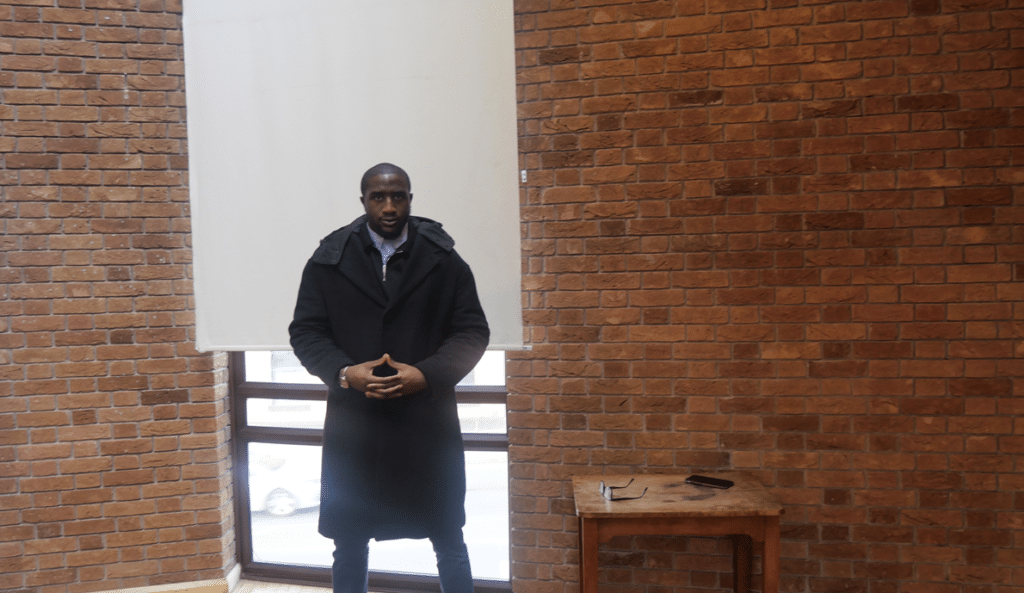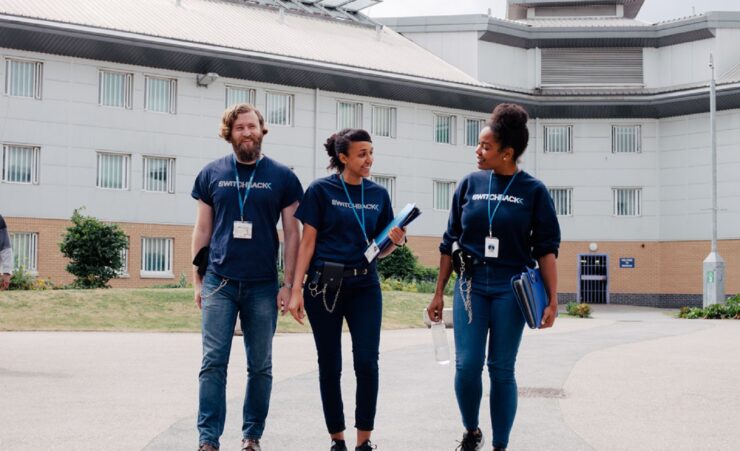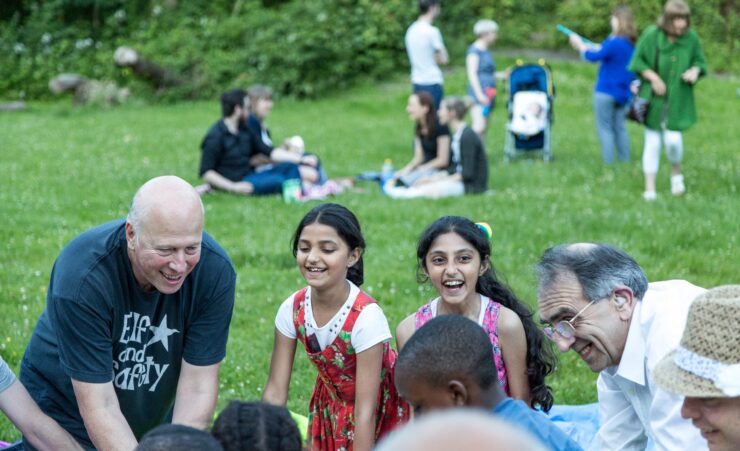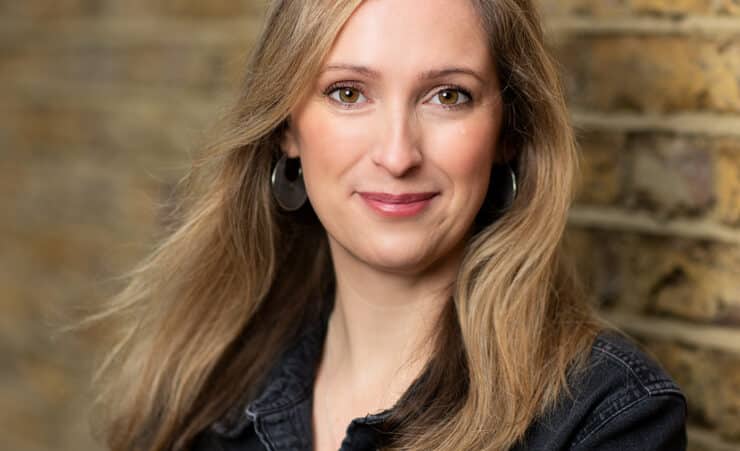
Why young people should be involved in conversations about the issues that affect them
My name is Alen and I am currently a student in my final year at Nottingham Trent University, studying Business Law LLB. I’ve been a volunteer at the International Development Foundation (IDF) – an organisation led-by and serving people of African descent in Nottingham with community integration and support services – since May 2022.
I got involved with IDF because I strongly believe that society, as a whole, needed to step up and fight for racial justice to improve the quality of life for people in Black communities who are suffering due to systematic and institutional discrimination. All too often, people in Black communities are neglected or excluded, and lack access to resources that would help them succeed.
IDF are dedicated to changing this injustice by providing access to educational and career opportunities, economic opportunities, and other resources that Black people need; all of which contributes toward making a lasting difference to people and moving toward a more equitable and inclusive society that will ensure many young Black people can have a more prosperous life.
I had the opportunity of working with IDF and IVAR to understand the struggles and hardships of the young Black community in Nottingham (aged 14 – 21) around social justice and mental health, as part of IDF’s work with young people.
What felt important about this work was rather than simply reading and researching the situation, great effort was taken to really get to know the community and the issues they face: we heard from a range of voices and perspectives to contribute toward a comprehensive view of youth experiences.
I held a unique role in this room, as both a young person and someone working with the organisation, so I used my voice to support dialogue between the young participants and IDF and IVAR.
Throughout the entire process, there was a strong emphasis on community capacity building through group activities like organising round table discussions, gathering feedback from members of the local community and listening carefully to their concerns. The aim of this work was to understand how young people understand the term ‘mental health’ and get their insight into how young people’s mental wellbeing can be supported (and particularly young Black people). As a group, we came up with ways to better manage emotional triggers and techniques to take control of their mental health. Practical strategies like, physical activity, constructive problem-solving techniques, and who to talk to were discussed in great detail.
I think it’s important for charities and other voluntary groups to involve young people directly in discussing and developing support for the issues that affect us. The project that IDF ran showed that open conversation with young people helps to foster constructive relationships.
During the project, I had the opportunity to witness positive changes both within IDF and IVAR as organisations, and within the young participants themselves. Both IDF and IVAR gained practical insight into working with and facilitating conversations with young people. For IDF, specifically, they heard the ways to improve mental health for young persons to inform their future work, while the young people learned practical ways to deal with mental health issues from each other.
I would strongly advise not for profits and charitable organisations to tap into young people’s unique perspectives, passion and talents, and actively involve us in discussions. We are valuable sources of knowledge and creativity, especially in the matters that directly affect us. Young people have the potential to bring an unparalleled level of freshness and dynamism to conversations about issues that impact them. They have an aptitude for understanding and developing creative strategies and can lead conversations toward innovative solutions. Additionally, the involvement of young people in conversations can foster a sense of ownership and investment in the cause, leading to higher levels of engagement and involvement from all members of the community toward positive transformation. And to any young people reading this, a final message to you – never forget that you can achieve anything when you stay focused, work hard, and never stop believing in yourself. You have the tools and the potential to reach your goals and make change happen.


